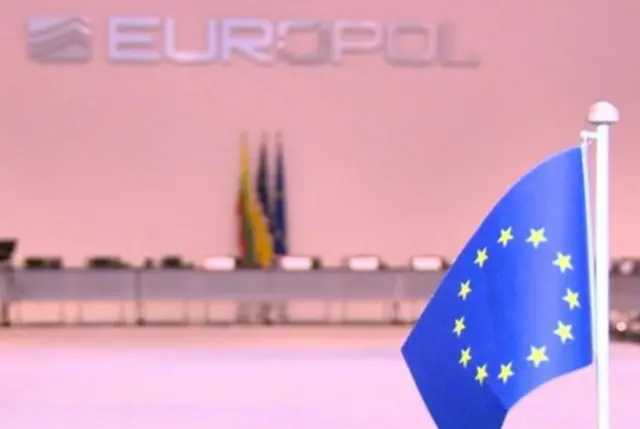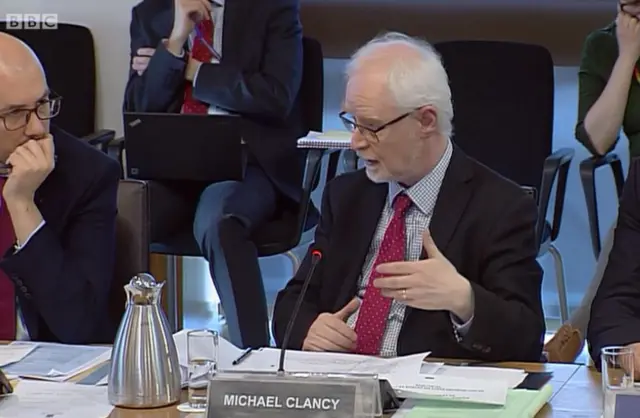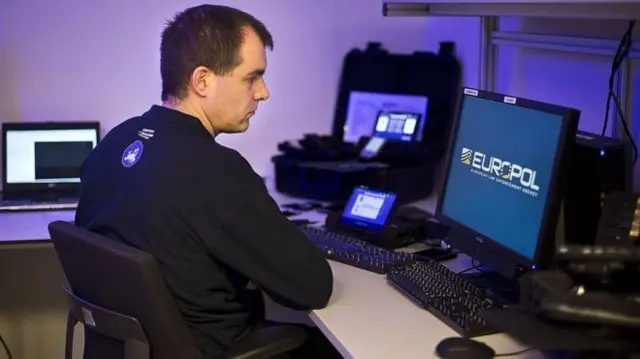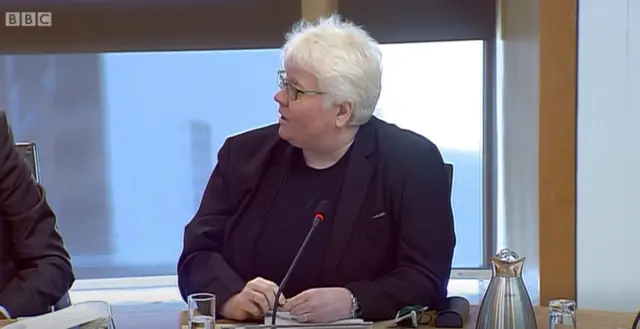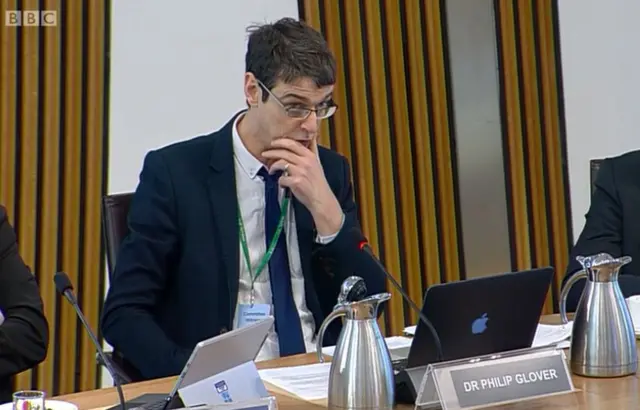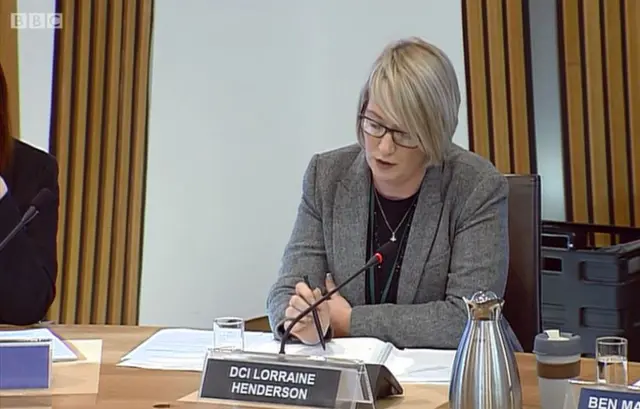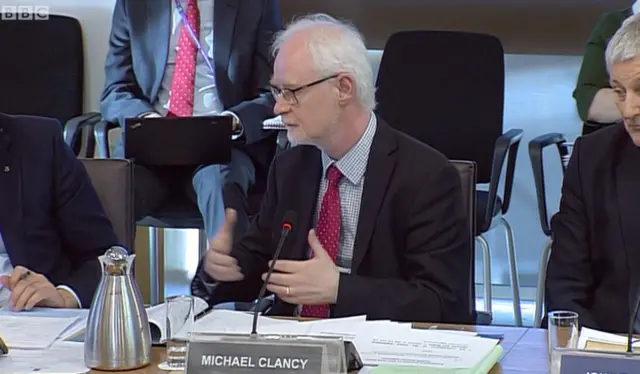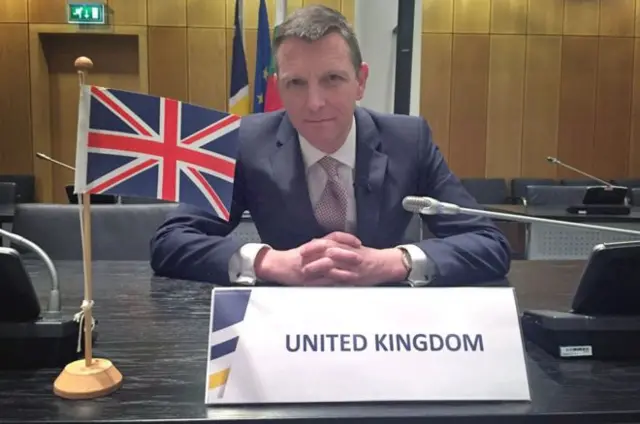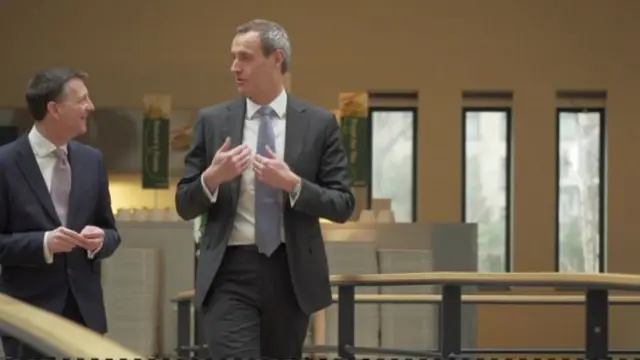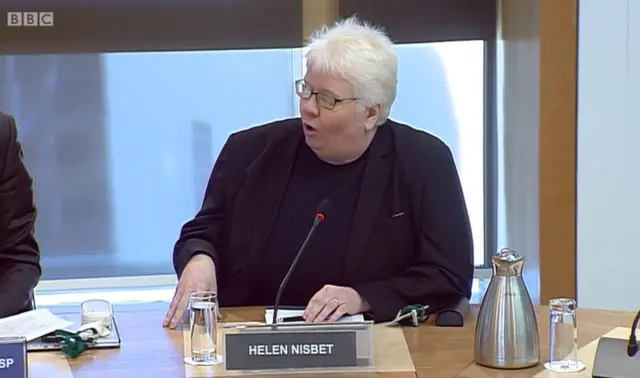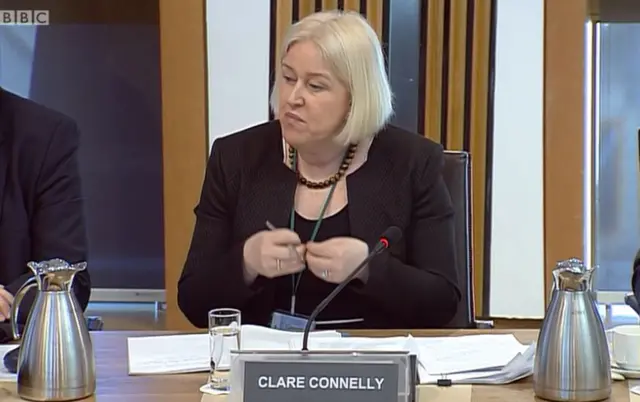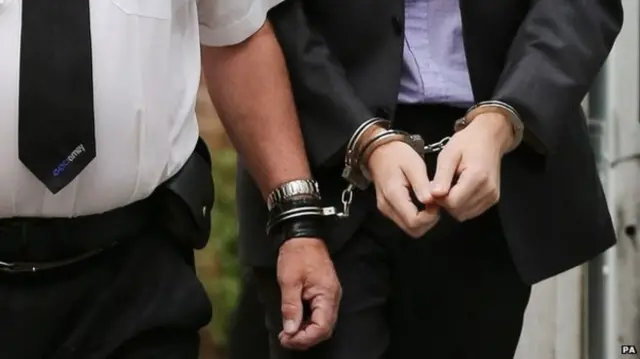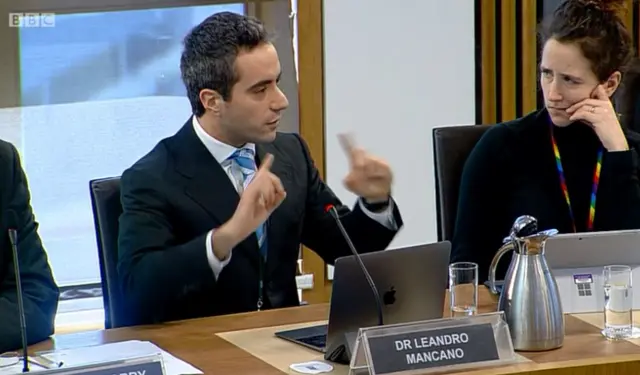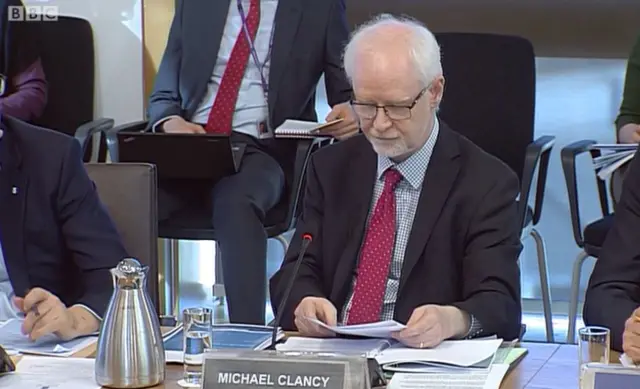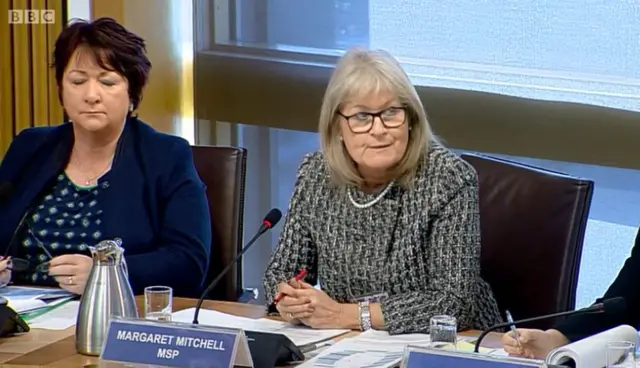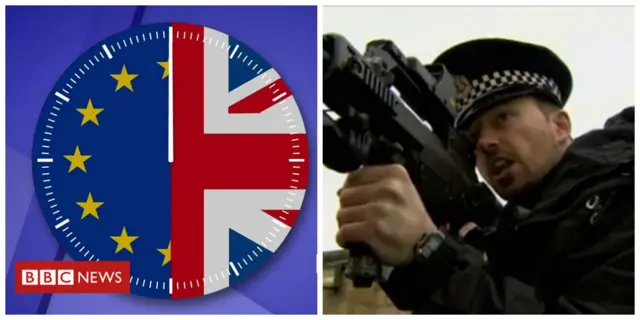'Time is of the essence'published at 11:11 GMT 20 February 2018
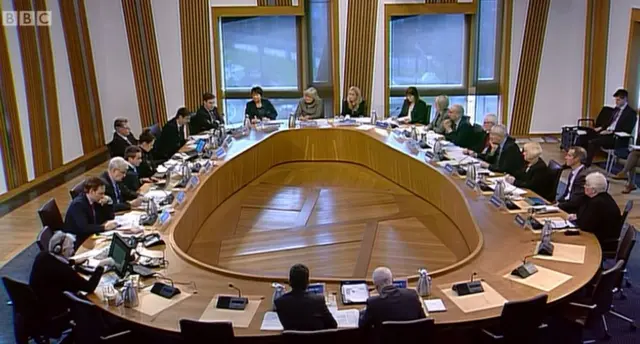 Image source, bbc
Image source, bbcClare Connelly from Faculty of Advocates stresses the importance of mutual cooperation going forward and adds "time is of the essence".
Assistant Procurator Fiscal Helen Nisbet says the unique nature of the Scottish legal system must be taken account of.
Dr Philip Glover from the University of Aberdeen says even the US post Snowden has been able to maintain cooperation with the EU.
Dr Glover says he feels fundamentally optimistic that whatever the Brexit deal there will be a comprehensive settlement on policing and criminal justice.
